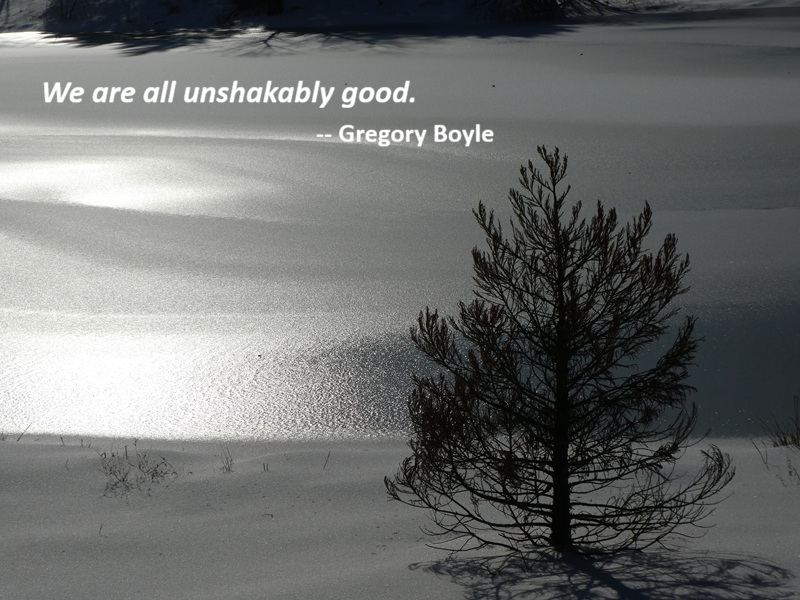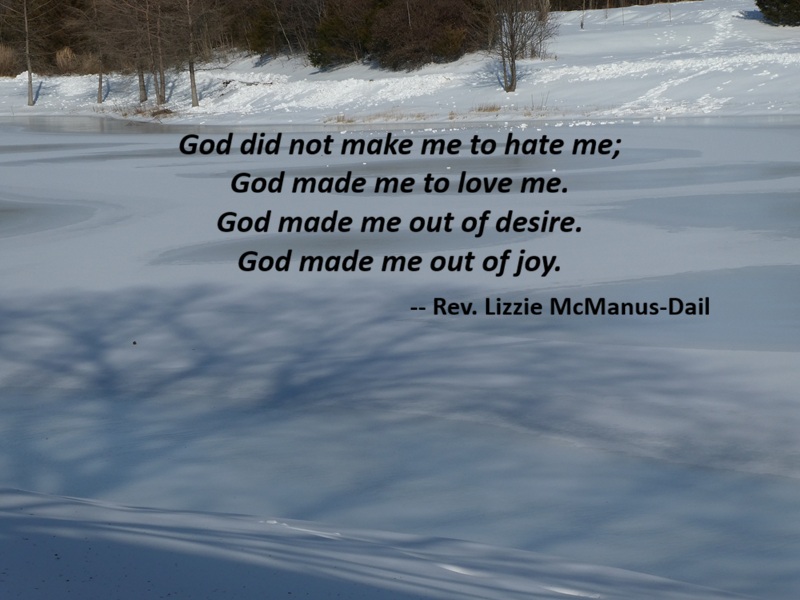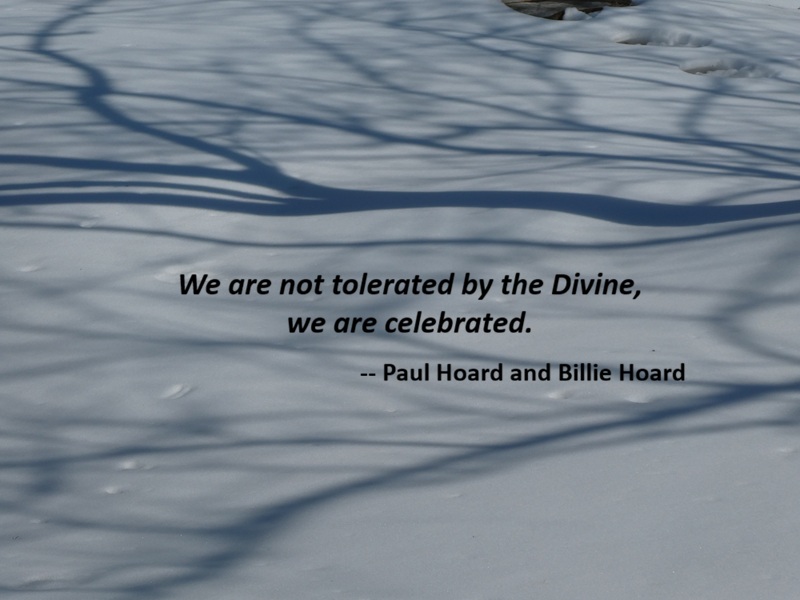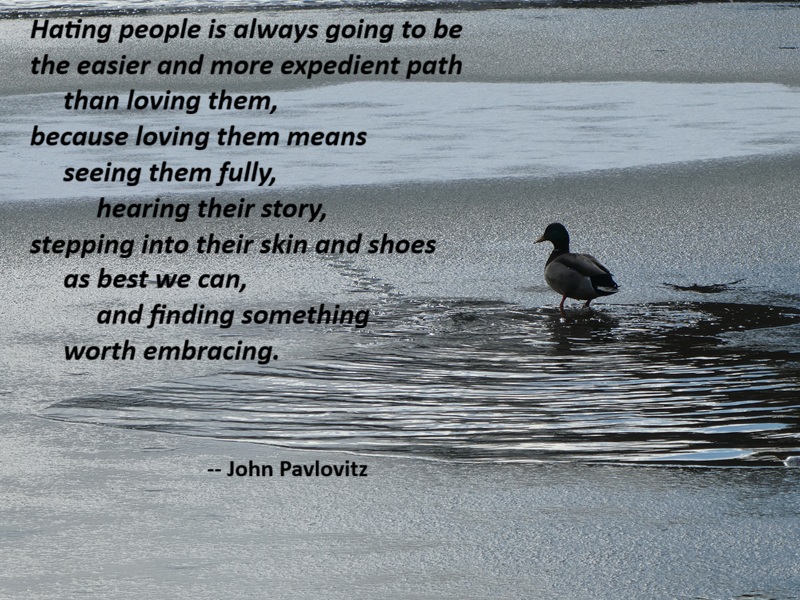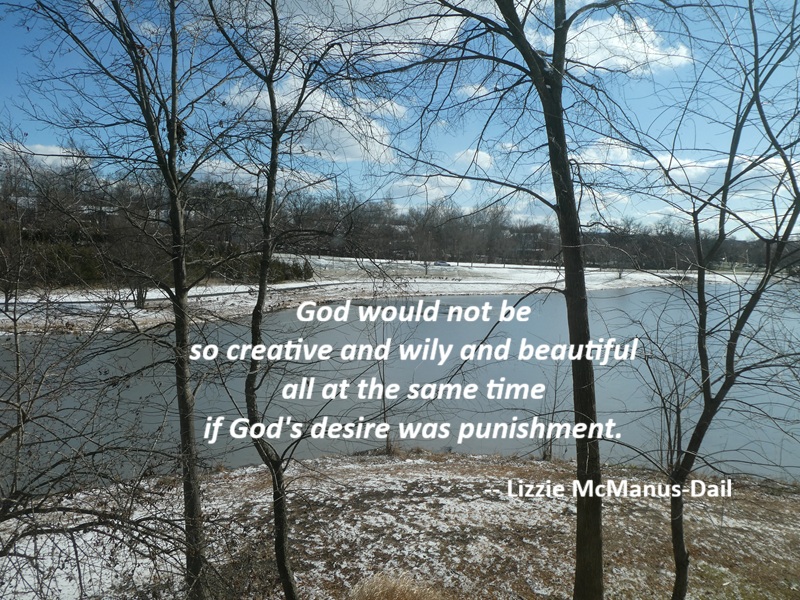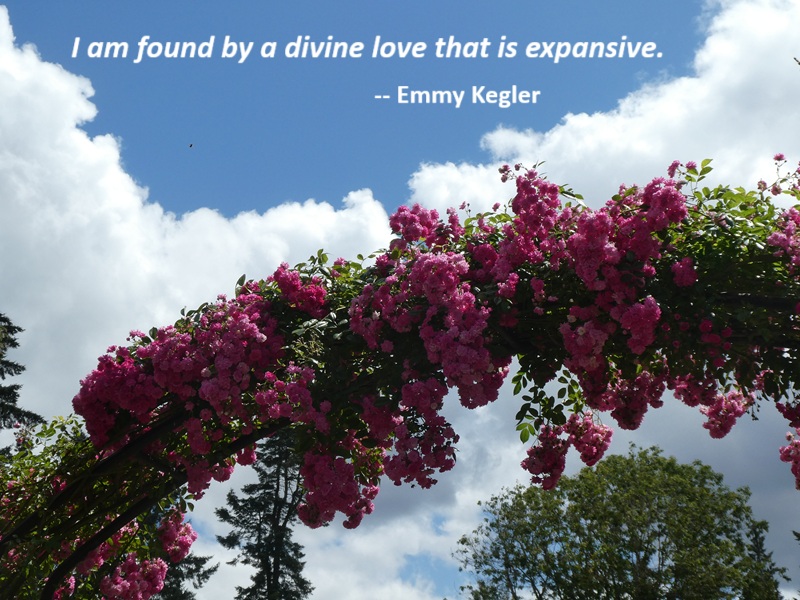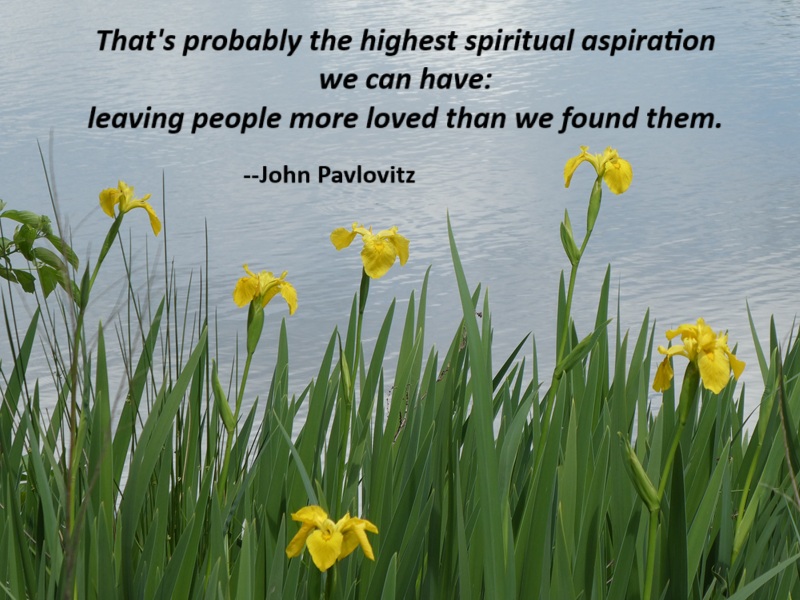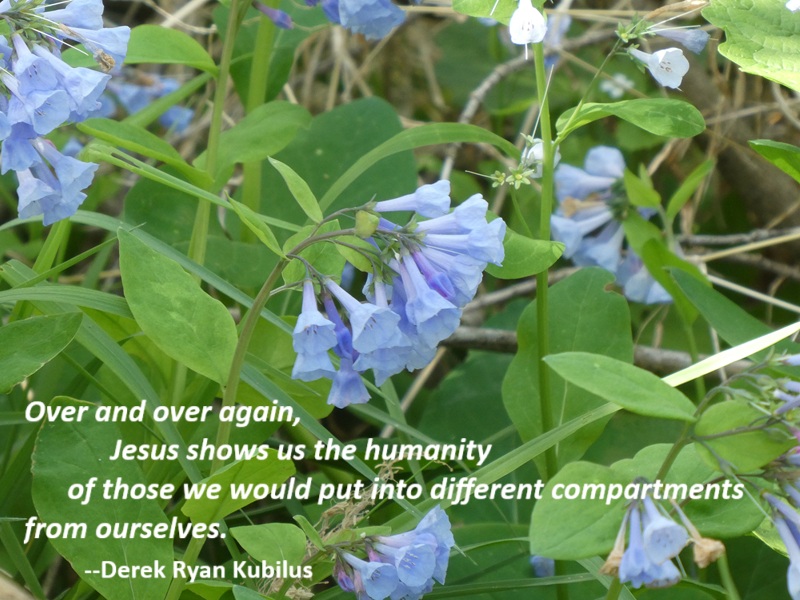Believing in Love
I don’t think I’m at death’s door, but I find myself assessing things I believe as I inch toward that door. I believe the following things:
- God is in the loving.
- God IS inclusion.
- Demonizing is always untruth
- We belong to each other.
- Separation is an illusion.
- Tenderness is the highest form of spiritual maturity.
- “Kindness is the only non-delusional response to everything” (George Saunders).
- Love your neighbor as you love your child.
- We are all unshakably good.
- A community of cherished belonging is God’s dream come true.
For what it’s worth, this book just wants to lure us to embracing God’s heart and punto de vista. It proposes a mystical view that perhaps can lift us above those things that keep us apart. Nobody VS. Anybody. God’s dream come true.
— Gregory Boyle, Cherished Belonging, p. 12
Photo: South Riding, Virginia, January 26, 2026
